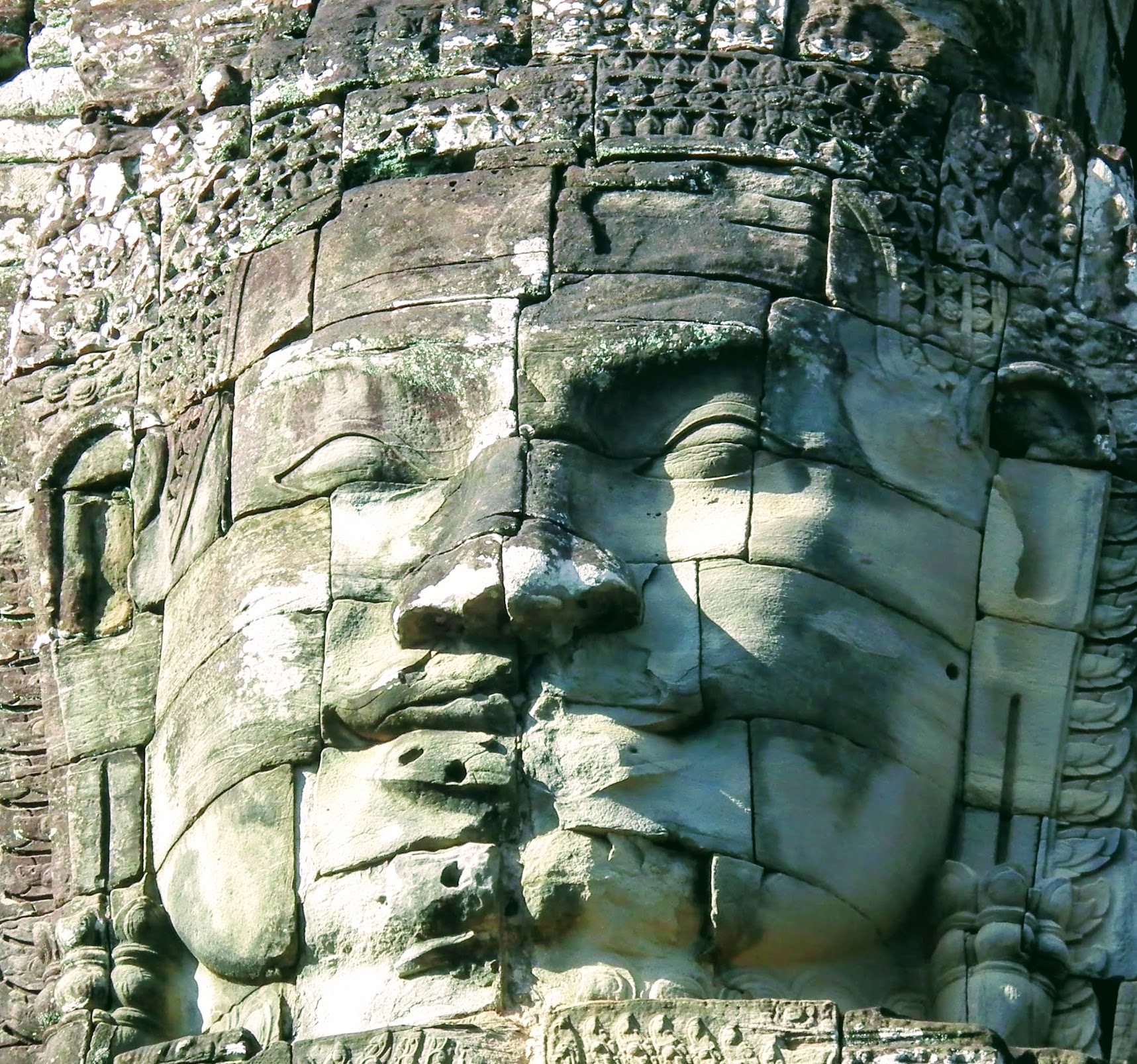
Blimey, I didn’t realise things had gotten this bad.
In all fairness to Dr Linder, he is not criticising the practice of mindfulness meditation itself. Nor are his comments sensationalism.
As a matter of fact, his argument is quite the opposite. The warning shot he fires is ‘don’t be sucked into the misleading hype of mindfulness’.
What Dr Linder draws attention to is the fact that “popular media fail to accurately represent the scientific examination of mindfulness, and have made overblown assertions about its potential and use cases.”
He points out that the health benefits of mindfulness meditation are ‘overstated’ and voices his concern that too few mental health professionals are not setting the record straight.
I’m inclined to agree with him.
I touched upon how meditation (as well as mindfulness) is over-egged in this article – Understanding Mindfulness Meditation. The content explains what you should expect during meditation – and more importantly what you shouldn’t.

There is no doubt that meditation is highly beneficial for many things. The science backs this up.
It is especially useful for lowering blood pressure, relieving stress, reducing anxiety and easing feelings of depression. Master Mind Content also uses mindfulness as a self-observation tool in our Essential Self-Development Program.
However, the first thing you must understand is that you will not experience immediate effects from meditation. It takes practice to fall into a deep relaxation whereby you can dissolve stress and anxiety.
Having said that, it’s possible for you to be induced into a deep meditative state through certain guided meditations or yoga Nidra.
When I first started meditating in 2010, I became acutely aware of my anxiety. Rather than relieving the deadening feeling in my chest and the unrest in my stomach, meditation made me feel even more anxious.
The good news is that meditation can help you overcome anxiety and depression. In my experience, it also helps to adopt philosophies (personal mantras) that work for you and heal emotional wounds.
However, don’t buy into all the bullshit. Meditation will not transform you into a superhero.
It’s important to be realistic about your meditation practice. You may fly through space or find yourself in a cave or tropical rainforest, but the experience is happening in your imagination.
“The unconscious invades our conscious minds and attempts to express itself – through the imagination, using the symbolic language of feeling charged images.” ~ Robert Johnson, Inner Work
The images your conjure come from your unconscious so your experience will only be a strong as the unconscious energy.
Rarely have I felt displaced during meditation. Although my conscious mind is not aware of my physical surroundings I do not feel I am physically in some other place my imagination has taken me to either.
I see vivid images and sense what is happening but do not have any physical feeling that makes the experience real.
If you’re just starting out with meditation, you probably won’t experience any wow moments. Most people don’t experience anything at all. So don’t give up just because you’re not having fantastical experiences you may have been led to expect.
An important point that Dr Linders raises is that the health claims about mindfulness meditation “is unsubstantiated…without understanding possible adverse effects. It’s been largely overlooked that mindfulness or meditation-related experiences that were serious or distressing enough to warrant additional treatment or medical attention have been reported in more than 20 published case reports or observational studies.”

It is clear that some mental health professionals are running their clients into dark alleys. You must be very careful about reliving traumas in meditation.
Master Mind Content has a safer, and in our opinion, more effective approach.
It must be understood that mindfulness meditation is only one form of mediation. It’s actually not the best method for treating past traumas, overcoming anxiety or relieving stress.
However, mindfulness alone (not mindfulness meditation) is highly effective for identifying unconscious content.
Unconscious content rises to the surface of the conscious mind in an attempt to make itself known.
If you are ‘mindful’ enough to recognise thought patterns, you have the information you can effectively use to release repressed emotions.
This enables you to unpeel layers of consciousness, integrate split-off parts of your personality into the conscious mind and eventually overcome past traumas that are affecting your present experiences.
“When you are aware of your thoughts, emotions and actions, you will identify negative thoughts, limiting beliefs, false truths, poor attitudes and destructive behaviours that create experiences and environments that you don’t want in your life together with beliefs and attitudes that hold you back.” ~ Richard J. Oldale, Essential Healing Tools Handbook
Another mindfulness technique some mental health practitioners adopt is a common Buddhist approach; when a thought comes into your head, notice it and let it go.
This is a meditation practice Buddhism teaches to the profane. For the purpose of self-development and healing past traumas, it’s useless. You can let thoughts go all you like.
Until you address the issue such thoughts are trying to draw to your attention, they will keep returning. If you keep letting them go, you will be eternally trapped in a perpetual cycle of unconscious energy that will become dangerous.
“If the conscious mind proves incapable of assimilating the new contents pouring in from the unconscious, then a dangerous situation arises in which they keep their original, chaotic, and archaic form and consequently disrupt the unity of consciousness. The resultant mental disturbance is therefore advisedly called schizophrenia since it is a madness due to the splitting of the mind.” ~ Carl Jung, Symbols of Transformation
Mindfulness meditation is not dangerous. Using it incorrectly is dangerous.
If you’re not sure how to approach mindfulness or adopt a meditation strategy that enhances your self-development program, work with experienced practitioners that will help.
